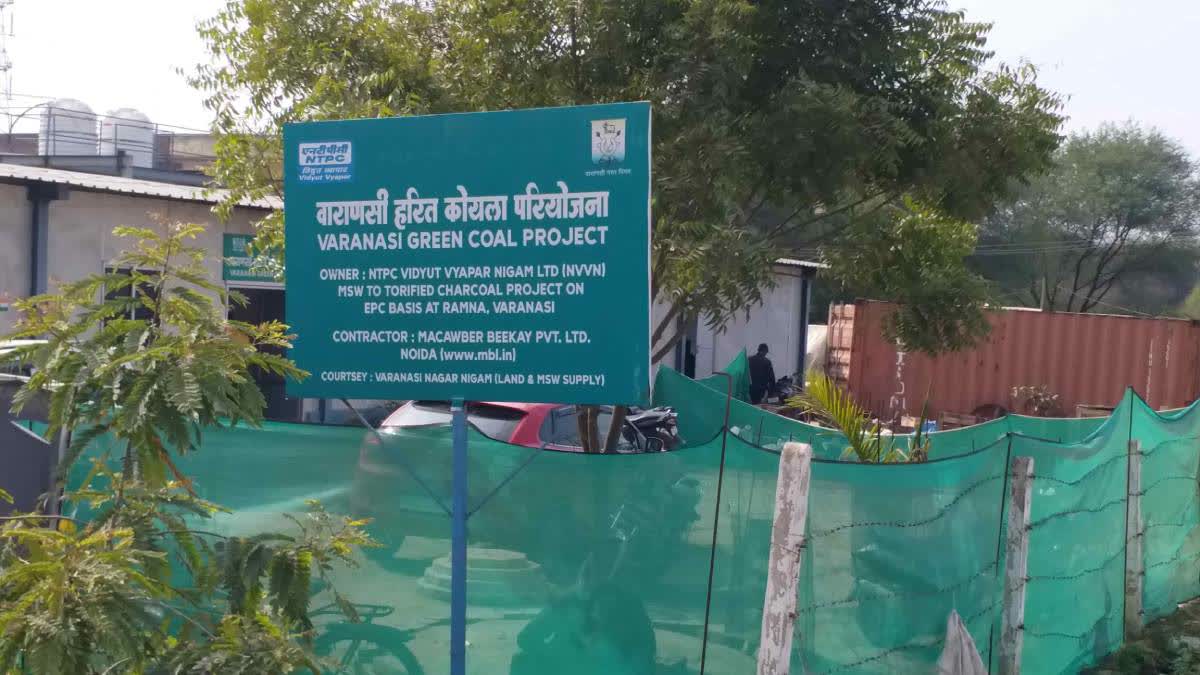
Haryana is gearing up to inaugurate India’s pioneering green coal plants in Gurugram and Faridabad. This groundbreaking initiative, spearheaded by the central government, seeks to revolutionize waste management by converting waste materials into eco-friendly charcoal. The ambitious project aims to tackle the pressing issue of waste disposal while promoting a cleaner and more sustainable environment.
The innovative green coal technology involves the process of pyrolysis, where organic waste is subjected to high temperatures in an oxygen-free environment, transforming it into charcoal. This method not only reduces the volume of waste but also produces a valuable byproduct that can be used as a sustainable energy source. The central government, in collaboration with state authorities, has invested significantly in this project, underscoring its commitment to environmental sustainability and waste management.
These green coal plants are expected to handle a substantial portion of the waste generated in the bustling cities of Gurugram and Faridabad. The initiative is part of a broader strategy to address the mounting waste crisis in urban areas, which poses significant environmental and public health risks. By converting waste into green coal, the project aims to reduce landfill usage, curb pollution, and create a cleaner urban environment.
The establishment of these plants is also expected to generate employment opportunities, contributing to the local economy. The facilities will require a workforce skilled in various aspects of the green coal production process, including waste collection, sorting, and pyrolysis operation. This not only provides jobs but also promotes the adoption of green technologies and practices among the workforce and the community at large.
Experts in environmental science and waste management have lauded the initiative as a significant step towards sustainable urban development. They highlight the dual benefits of waste reduction and energy production, which align with global efforts to combat climate change and promote renewable energy sources. The success of these plants could pave the way for similar projects across India, setting a precedent for innovative waste management solutions in developing countries.
Local residents and environmental activists have expressed optimism about the potential impact of the green coal plants. Many believe that this initiative will significantly improve the quality of life by reducing waste-related nuisances such as odor, pests, and health hazards. The project has also sparked interest in community-level waste management practices, encouraging households and businesses to participate in waste segregation and recycling efforts.
The green coal project in Haryana is part of the broader Swachh Bharat Abhiyan (Clean India Mission), an initiative launched by the central government to promote cleanliness and waste management across the country. This mission has been instrumental in driving policy changes and infrastructure development aimed at improving sanitation and environmental sustainability. The green coal plants represent a tangible outcome of these efforts, showcasing the potential of innovative technologies to address complex environmental challenges.
As the plants in Gurugram and Faridabad near completion, there is a growing anticipation for their operational launch. The successful implementation of this project could serve as a model for other states and cities grappling with waste management issues. By demonstrating the feasibility and benefits of green coal technology, Haryana is poised to lead the way in sustainable urban development and environmental conservation in India.




